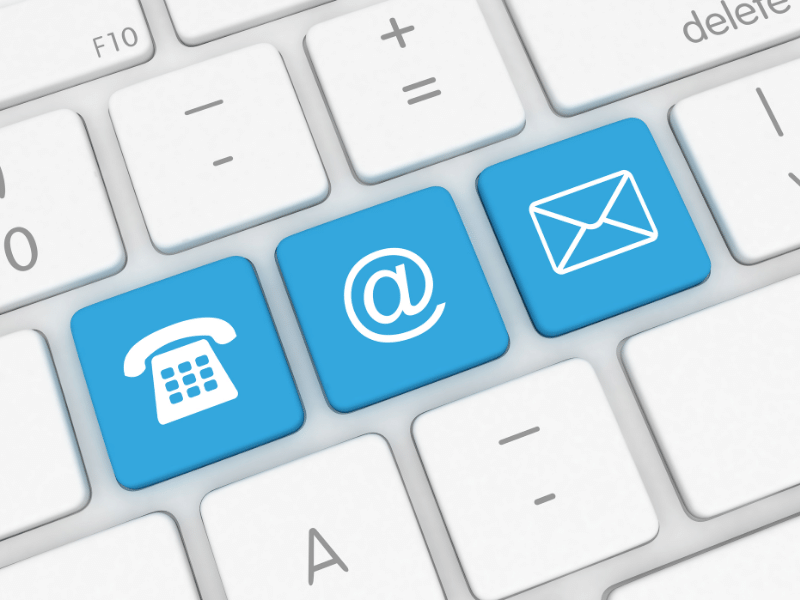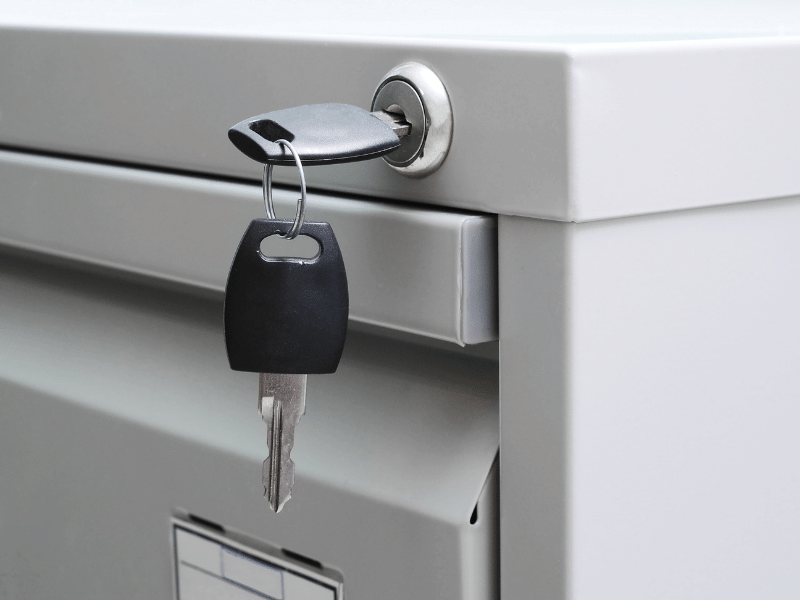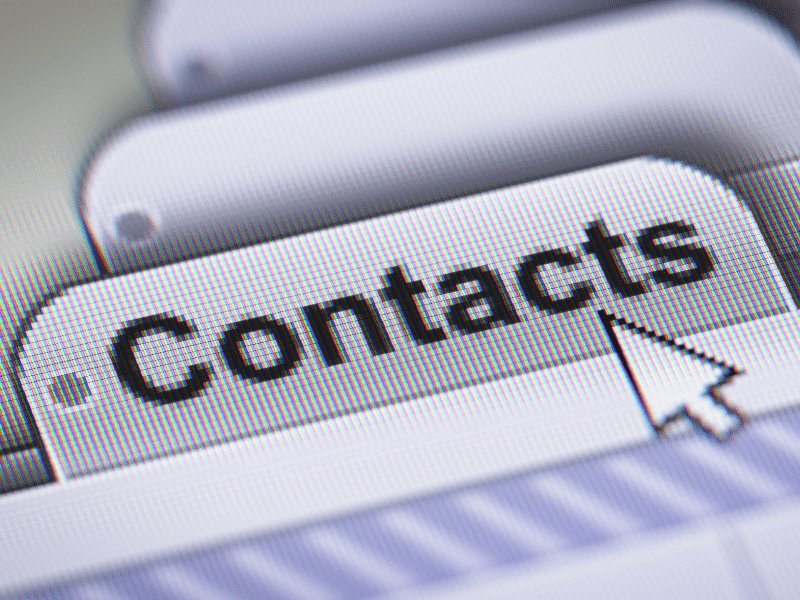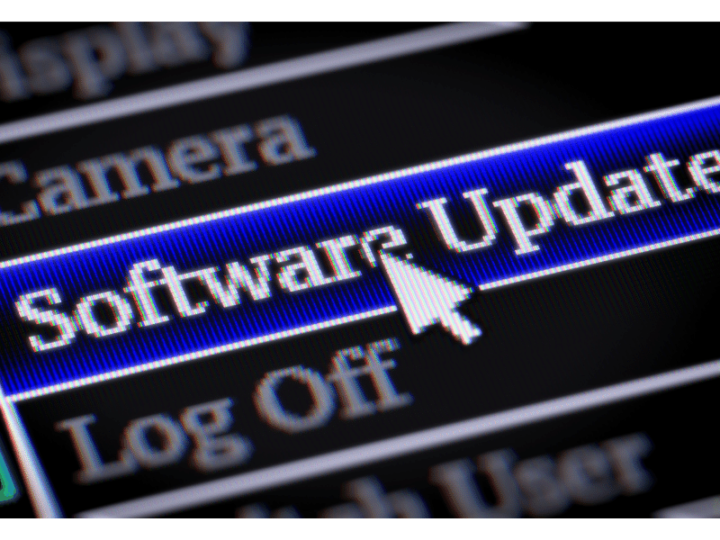Given the increasing number of data breach incidents, discovering and implementing sophisticated ways to secure contacts can help organizations safeguard valuable data and maintain customer trust.
This post outlines the best ways to secure contacts and explains why it is crucial for organizations to do so.
Table of Contents

Importance of Securing Contacts
Nefarious actors are constantly looking for ways to steal people’s identities. When someone steals an identity, they can take over the financial accounts, break into their homes, or commit tax fraud under their name.
Criminals steal identities by attacking large organizations and breaching stored data. They launch phishing scams to trick users into divulging sensitive information. But, an often overlooked popular method is hacking a smart device such as a mobile phone to steal the contacts list.
Smartphones store important contact information that malicious entities can exploit, such as business phone numbers, credit card information, and email addresses. When hackers steal the contact list, they can use the stolen details to launch phishing attacks or even impersonate the contact’s identity to commit fraud.
As a business, this denotes the importance of implementing strong security measures to keep contacts safe. After all, any breach of sensitive contact information could lead to significant financial and reputational damage. You are risking the loss of valuable data and the trust of your customers and partners.

Ways To Secure Contacts from Unauthorized Access
While most businesses have opted to keep and manage contacts digitally, some still use physical address books.
Physical address books can be as simple as a small notebook with several important contact details or as complex as an organized rolodex with hundreds of names, contact numbers, and addresses.
To ensure the safety and security of a physical address book, you must do the following:
- Use a locked drawer, cabinet, or safe to store address books when not in use. Limit access to these areas by restricting entry and keeping them in secure areas.
- Cover or conceal address books when not in use. Protect the contents using an opaque sleeve or cover so prying eyes can’t simply glance to see what’s inside.
- Implement a sign-out system to track who borrows or accesses the address book. Ensure only authorized individuals can borrow the address book.
- Perform periodic audits to ensure all address books are accounted for, and no one made any unauthorized copies.
- Review address book entries and remove any outdated or unnecessary information.
- Limit the information written down in an address book. Only record essential information and avoid any sensitive or confidential details as much as possible.
- Create a digital copy of the physical address books and implement the security measures mentioned below.
Protecting digital contact lists
Nowadays, most businesses store contacts digitally through their computers or mobile devices, with the help of a contact management software or app.
Digitizing contact information is better since it offers multiple ways to secure contacts and, at the same time, makes it easier to update them when necessary.
Securing contacts saved digitally involves following best practices such as:
Protecting devices using strong passwords or user authentication
Smartphones have introduced robust and complex security features that include biometric systems using facial or fingertip recognition. The old method of entering a password, PIN, or drawing a pattern is still available, and it’s recommended to use a combination of biometrics and passwords for better security.
Enabling encryption of your phone’s contact lists
The latest devices can encrypt contact lists so they remain protected even when you lose your phone. Users must enter the correct credentials to access the contact list and lift the encryption.
Regularly upgrading software and computer systems
Keeping your devices and software up-to-date with the latest bug fixes and patches can minimize the risk of threats. This is a simple and effective way to protect contacts against unauthorized access.
Using antivirus and security applications
Most operating systems are powerful and secure enough to protect your computer from malware and viruses. But if you need double protection, you can use antivirus and security apps as an extra layer of security. These apps can detect and remove malware. They can also remotely wipe your data in case your device gets stolen or lost.
Using a secure network connection, especially when connecting to a public Wi-Fi network
Use a VPN or Virtual Private Network to protect your contacts lists. It’s like using a digital disguise, leaving cybercriminals confused, which prevents them from accessing and stealing your valuable contact information.
Performing regular backups of contact lists
You’ll never know when you might accidentally delete a contact or corrupt a file. Having data backups will ensure you can recover any lost information. Keep backups in a secure location and restrict access by implementing strong passwords. You can also use cloud-based backups to safely store and quickly retrieve contacts in the cloud.
Reviewing app permissions
Always be wary of suspicious app permission requests. Refrain from easily accepting or allowing access requests without determining if the app really needs access to your contacts. Be highly selective when permitting apps to access your list of business contacts. It is also best to revoke access to apps you no longer use or trust.
Only installing trusted applications
Sideloading apps or installing third-party applications outside official app stores can pose a security risk. Once installed and access to the contacts list has been granted, these suspicious apps can steal or harvest contact information without your knowledge. It’s best to be extra vigilant and only install verified applications from reputable sources.
A key takeaway from this is that protecting your contact list is a must at a time when hackers will try everything to steal identities. The steps above will not only help you avoid the stress and inconvenience of dealing with a compromised contact list. It also positions your business as a trustworthy and reliable entity that takes data security seriously.








